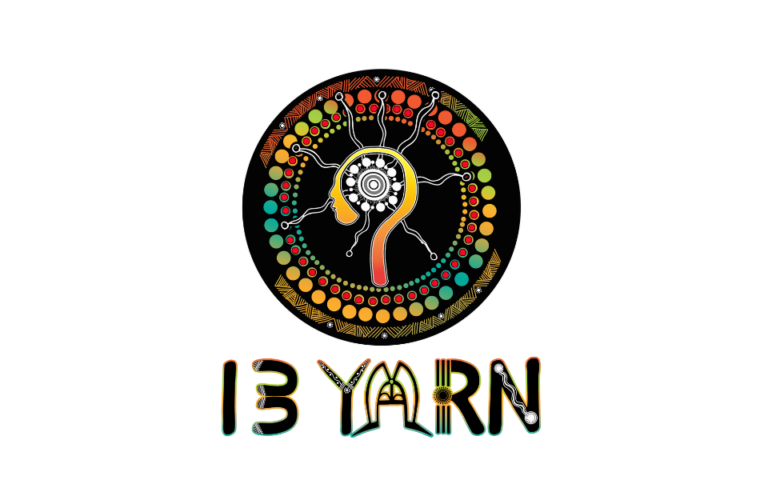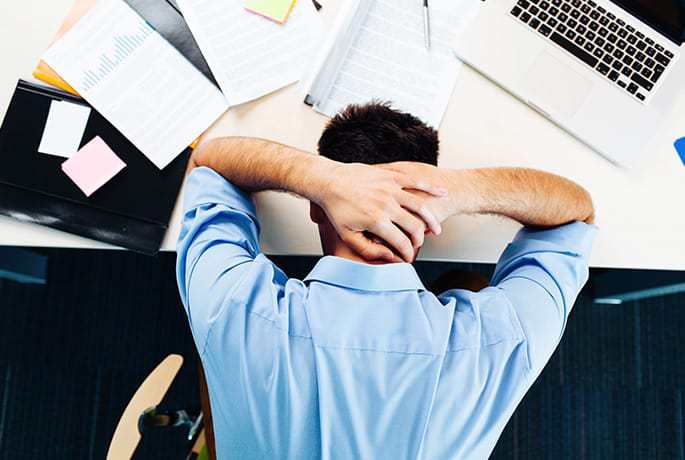Three million Australians are currently living with anxiety or depression: no wonder we need a mental health day! At times we place more emphasis on physical health in the workplace than our mental health.
Signs you may need a mental health day
You are feeling more anxious than usual
What does that feel like exactly? Only you can know, but it may manifest in headaches, extra physical tension, snapping at people, feeling extra tired, short of breath.
You are distracted
Your concentration at work can fluctuate, but you may find yourself easily distracted or thinking about other things that are worrying you.
You are feeling run-down
A recharge isn’t just for our devices. A bit of alone time may be just what you need to reset, re-centre and refocus on life positively again.
You need to see your mental health practitioner
Sometimes you can schedule a time to see your psychologist, psychiatrist or GP outside of work hours. For those times when you can’t, use some personal leave to see your health practitioner.
There’s a dip in your work performance
Your mental state is causing your performance at work to suffer.
If you do take a mental health day, use the time wisely to regroup and find ways to feel better.
Those suffering from depression or anxiety may well need to take mental health days. Please consult your GP if you think you are suffering from depression or any other mental health issue to put yourself on the right path forward.
If you’re struggling with your mental health or worried about someone you know, please give us a call anytime on 1300 659 467 to talk to a member of our Suicide Call Back Service counselling team.
If it is an emergency, dial 000.









